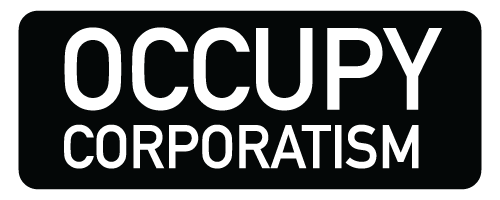Pot Over Pills is a movement embraced by US veterans who want to bring awareness to the necessity of medical marijuana in the treatment of post-traumatic stress disorder (PTSD).
A group of protesters camped out in front of the Department of Veterans Affairs (VA) because they want the agency to recognize that pot is a safer and more effective alternative to the plethora of anti-psychotic drugs that are prescribed to veterans to treat mental disorders.
At McPherson Square Park, veterans, supporters and medical marijuana advocates gathered, including:
• Dopefest
• Magicalbutter
• The Cannaball Run
• The National Organization for the Reform of Marijuana Laws
 Some of the protesters marched from the park to the White House, smoking joints along the way. They dumped a large box of empty pill bottles onto the front lawn and called for President Obama to make medical marijuana accessible to veterans instead of dangerous pharmaceuticals.
Some of the protesters marched from the park to the White House, smoking joints along the way. They dumped a large box of empty pill bottles onto the front lawn and called for President Obama to make medical marijuana accessible to veterans instead of dangerous pharmaceuticals.
With the protesters was a giant pill bottle used as an effigy for the 22 veteran suicides per day that are acknowledged by the VA.
Based on a recent study on marijuana, the plant has been shown to reduce the effects of PTSD in 75 % of participating patients.
In addition to the demonstrations in Washington, DC, Operation Trapped, a movement backed by Texans for Responsible Marijuana Policy (TRMP), has been working to make pot available to veterans by supporting legislation that provides access to the medicine for our service men and women.
At the rally in Texas, protesters called for the expansion of the marijuana law in the state that allows for “compassionate use” of marijuana with low-THC content, but does not permit doctors to prescribe any strain of medical cannabis available on the market.
The group also wants to see PTSD added to the list of treatable and researchable conditions afflicting veterans.
The current legislation in Texas for medical marijuana has a built in catch that only allows doctors to prescribe pot and not recommend it. This changes the rules of engagement for any doctor supportive of marijuana use because a recommendation does not come with the possibility of the practitioner losing their medical license.
But prescription does.











